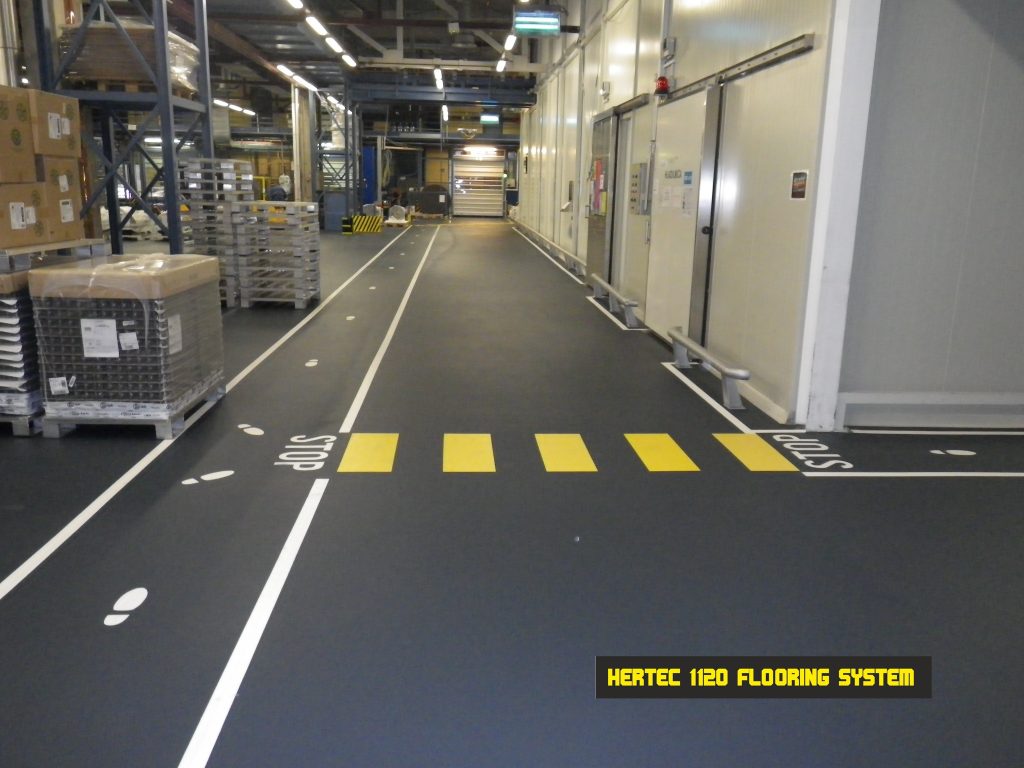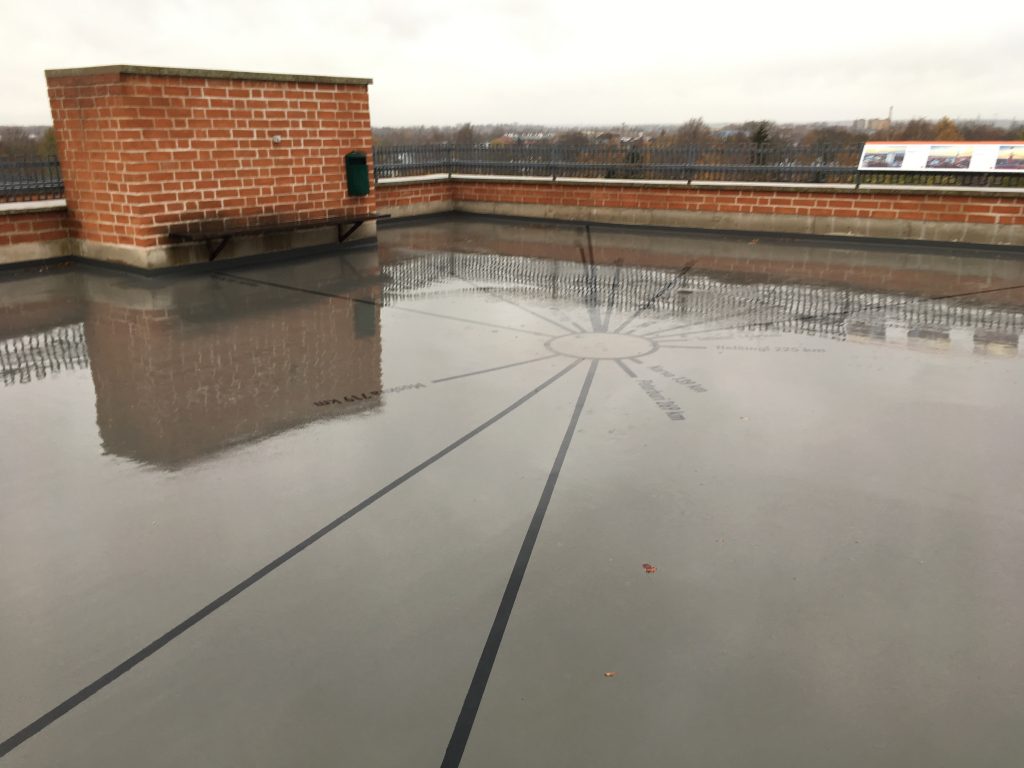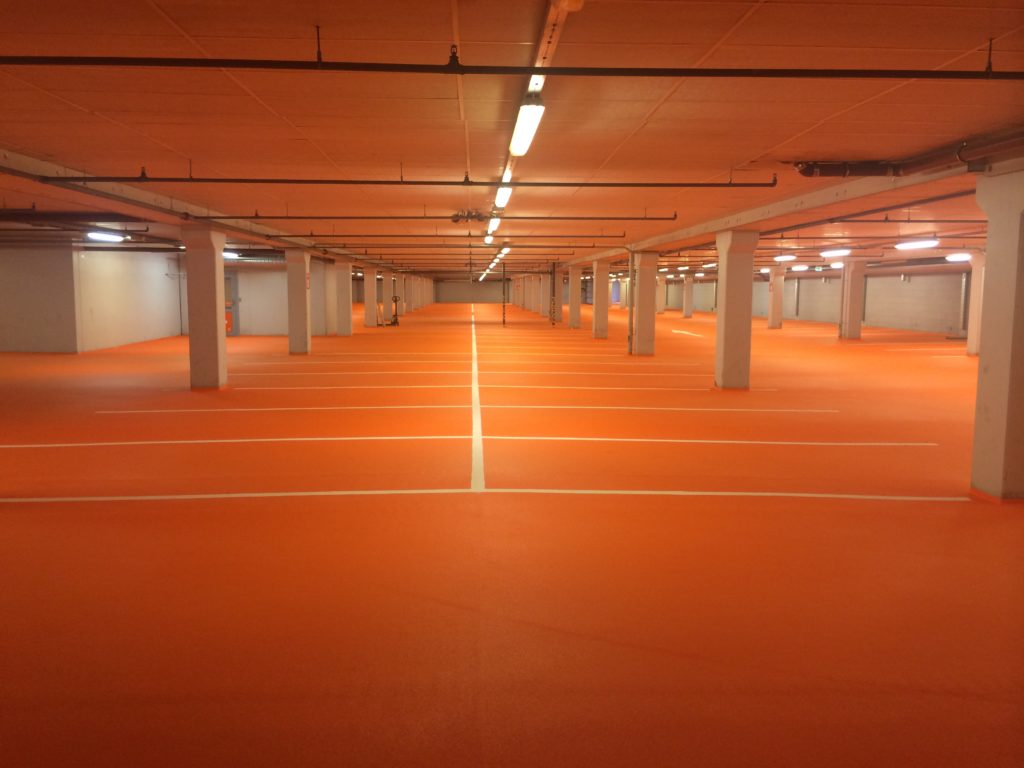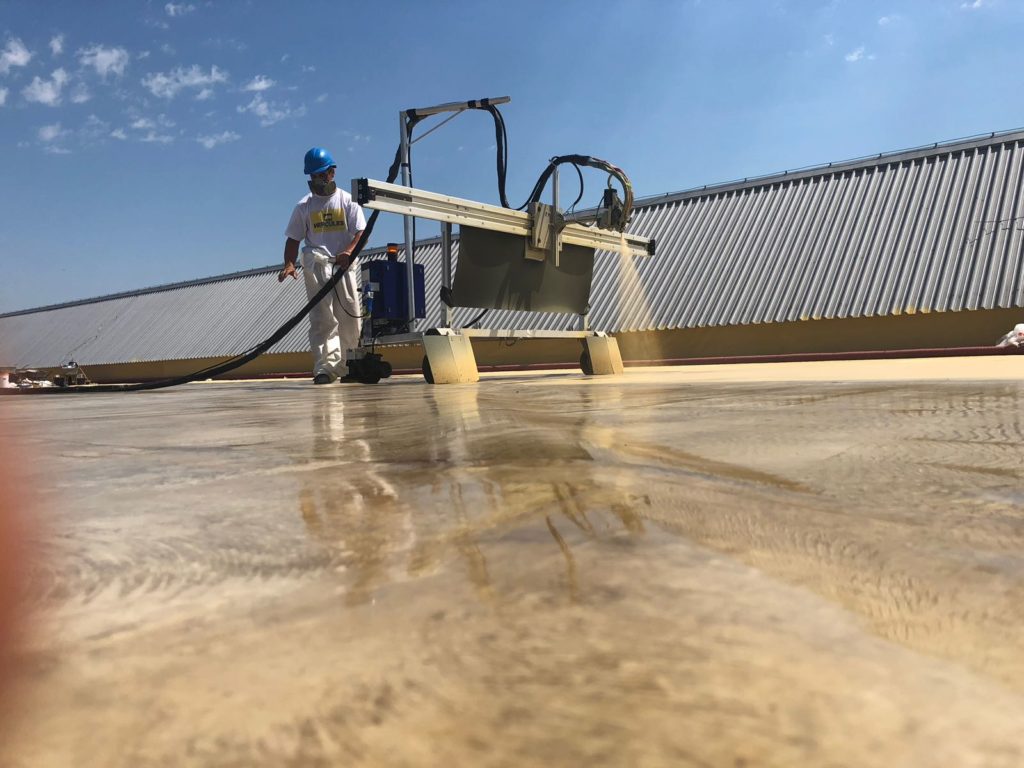How does polyurea "measure up" against other similar coatings
Once you “go” polyurea, there may be no going back to less versatile, less resilient materials, despite the superficial difference in cost. (Polyureas tend to be more pricey than other products on the market, but that cost is often offset by time, labor and related downtime costs saved, versus other polymer based coatings.)
Advantages of Polyureas are undoubtedly are the best choice for harsher environments which may be encountered when working in high impact commercial and on-site applications where optimum performance for long term usage is required.
* Polyurea coatings have exceptional physical properties such as high durability, moisture insensitivity, temperature tolerance, and resistance to salt spray conditions.
* Higher heat temperature tolerances
* Minimal/No VOC’s per Environmental Regulations
* Excellent adhesion characteristics to most substrates. Primers have been developed to enhance adhesion on hard to stick surfaces
* Fast cure time after application (in seconds)
* Polyureas are engineered to have strength with flexibility (up to 800% elongation) unlike other coatings which may break with any movement
* High chemical resistance to most petroleum based products
* Polyurea coatings unlike many coatings retain most physical properties over extended time periods as compared to epoxy, plastisol dips and powder coatings which become brittle or fade within a couple years or less



